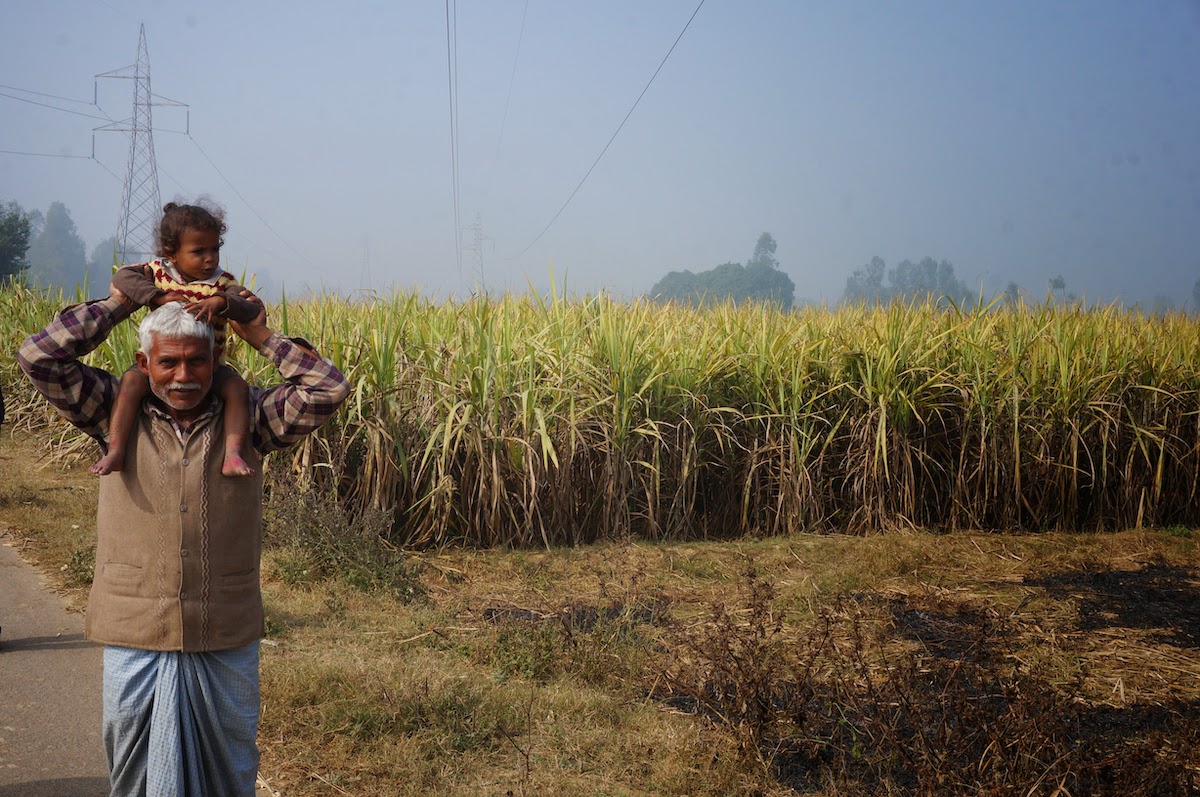- Authors: Diane Coffey, Aashish Gupta, Payal Hathi, Dean Spears, Nikhil Srivastav, Sangita Vyas
- Published in: Economic & Political Weekly
- Download paper
Abstract
India has far higher open defecation rates than other developing regions where people are poorer, literacy rates are lower, and water is relatively more scarce. In practice, government programmes in rural India have paid little attention in understanding why so many rural Indians defecate in the open rather than use affordable pit latrines.
Drawing on new data, a study points out that widespread open defecation in rural India is on account of beliefs, values, and norms about purity, pollution, caste, and untouchability that cause people to reject affordable latrines.
Future rural sanitation programmes must address villagers’ ideas about pollution, pit-emptying, and untouchability, and should do so in ways that accelerate progress towards social equality for Dalits rather than delay it.

